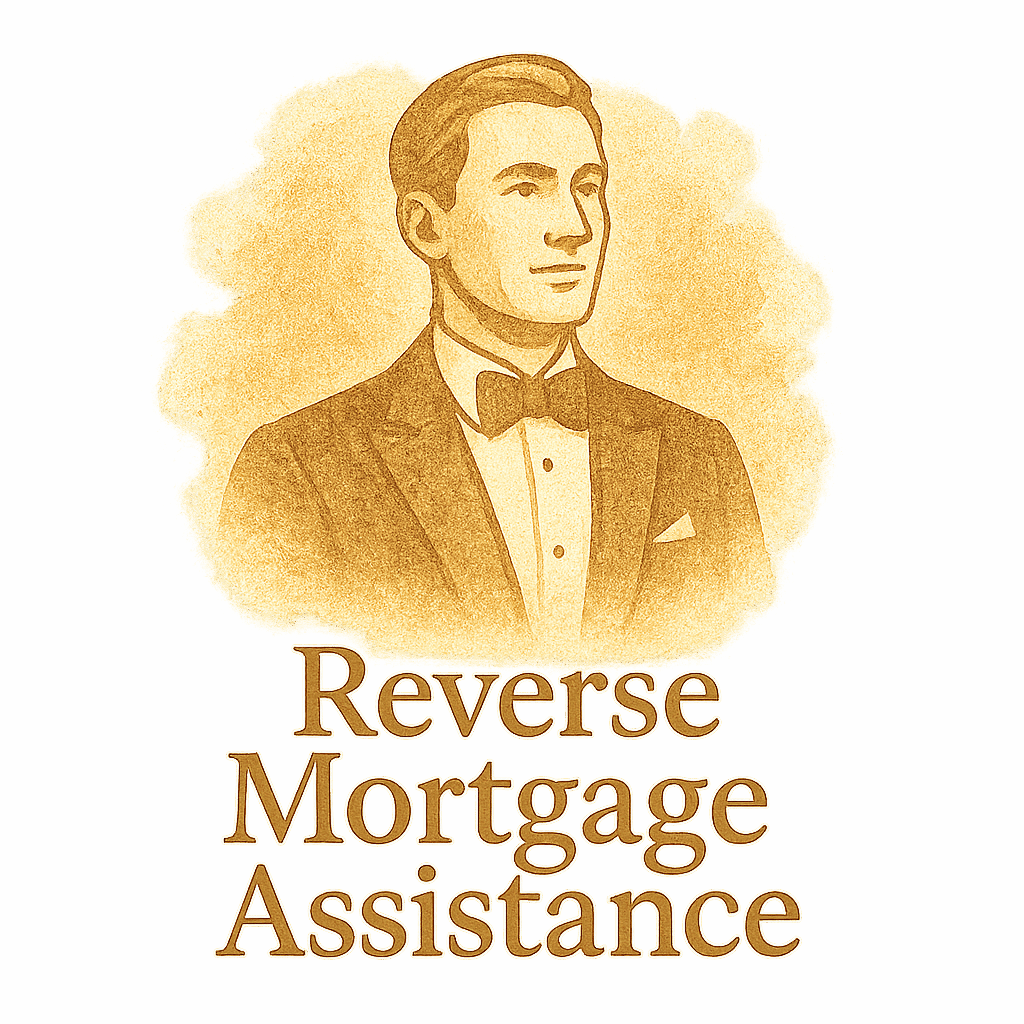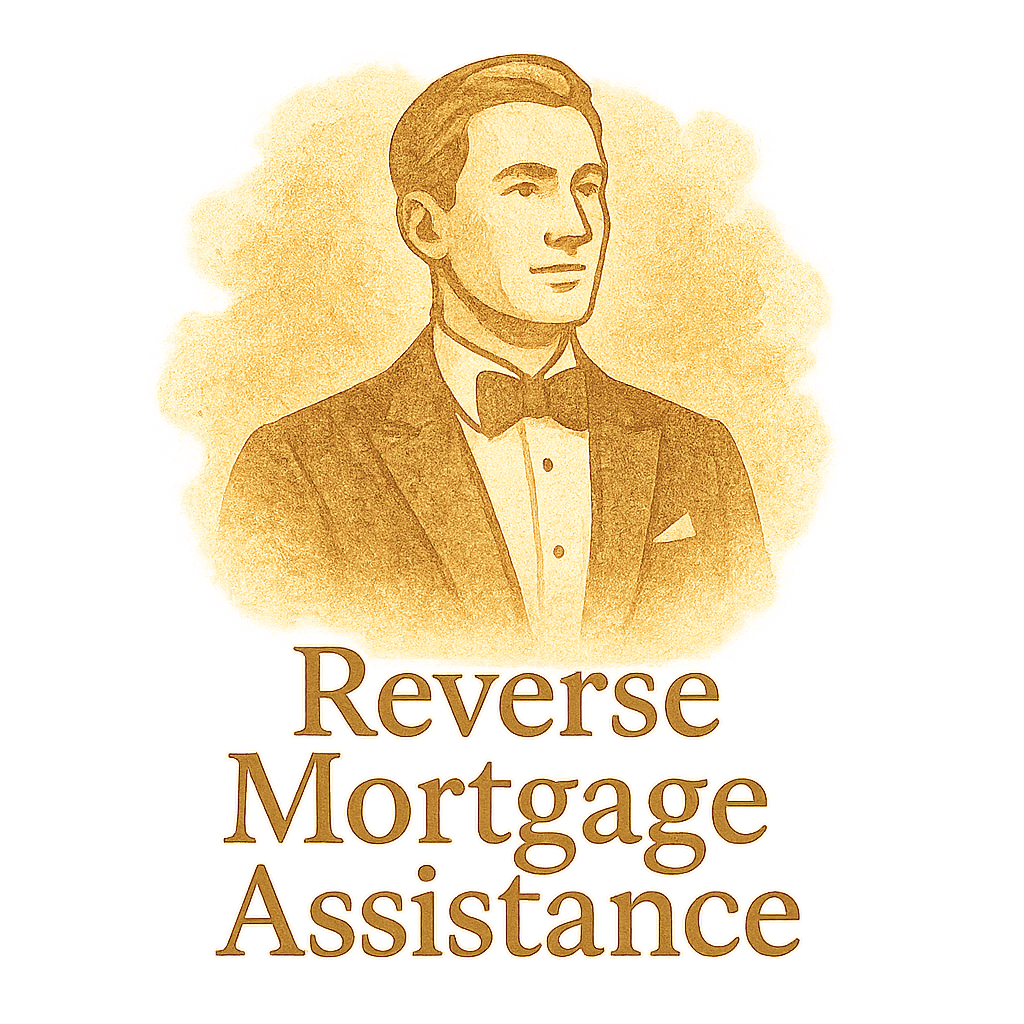Introduction
Thinking about tapping into your home equity with a reverse mortgage? You’re not alone. But before you take the plunge, it’s important to sidestep the common pitfalls that can turn your golden years into a financial maze.
In this guide, we’re diving deep into the 5 biggest mistakes people make when planning a reverse mortgage, and how you can avoid them like a pro. Trust us—this could save you thousands of dollars and a whole lot of stress.
Let’s break it down!
Why Reverse Mortgage Planning Matters
Reverse mortgages can be life-changing tools—when done right. If you’re over 62, a reverse mortgage allows you to convert part of your home equity into cash without selling your house. But the fine print? It’s everything.
Poor planning or misinformation can lead to major regrets down the road. That’s why understanding the details and avoiding simple yet costly errors is essential. Ready to plan smarter? Let’s explore the first mistake.
Mistake #1: Not Understanding Reverse Mortgage Basics
What Is a Reverse Mortgage?
Let’s simplify it. A reverse mortgage is a loan where homeowners 62 or older can borrow against their home’s equity. Unlike traditional mortgages, you don’t make monthly payments—the loan is repaid when the home is sold or the borrower passes away.
To get a firm grip on the fundamentals, visit the Reverse Mortgage Basics page.
How It Works: A Simple Breakdown
Think of it like taking out a cash advance on your home. You still own the property, but instead of paying the bank, the bank pays you—either in monthly payments, a lump sum, or a line of credit.
Here’s a quick metaphor: It’s like borrowing your house’s future value today. But if you’re not careful, that “future” can shrink real fast.
Trusted Resources for Reverse Mortgage Education
Want to dig deeper? Check out these useful tags:
Mistake #2: Ignoring Legal and Regulatory Details
Key Legal Terms You Must Know
Reverse mortgage contracts are packed with legal terms. Not knowing what “non-recourse loan,” “principal limit,” or “line of credit growth rate” means can land you in hot water.
Brush up on legal lingo using the Legal Terms tag.
The Importance of Regulatory Compliance
Different states have different rules, and reverse mortgages are governed by strict federal regulations. If you don’t comply, you risk loan denial—or worse, foreclosure.
For a thorough look, explore Legal & Regulatory issues here.
Where to Learn More About the Legal Side
Don’t sign anything until you’ve read up. Here’s your go-to resource:
👉 Legal & Regulatory
Mistake #3: Overlooking Loan Comparison Options
Why Comparing Loan Options Is Crucial
Not all reverse mortgages are the same. Rates vary, fees fluctuate, and loan structures differ. Failing to shop around is like buying the first car you see at the dealership.
How to Compare Reverse Mortgages Wisely
Compare everything:
- Origination fees
- Interest rates
- Closing costs
- Monthly servicing fees
Use the Loan Comparison tool to evaluate your options.
Recommended Resources for Loan Comparison
Here’s a curated list to make life easier:

Mistake #4: Underestimating Future Financial Planning
Thinking Beyond the Present: The Long-Term View
Reverse mortgages can help you now, but what about 10 years down the line? Will the loan balance balloon? Will your heirs be stuck paying it off?
This is where careful Mortgage Planning comes into play.
How to Plan Reverse Mortgages Around Retirement
Your reverse mortgage should align with your overall retirement strategy. Consider:
- Health care needs
- Living expenses
- Potential long-term care
Explore the Retirement tag to build a plan that lasts.
Mistake #5: Skipping Professional Guidance
DIY Pitfalls You Should Avoid
Trying to DIY a reverse mortgage is like performing surgery on yourself. It’s risky and messy. A reverse mortgage is one area where expert help truly pays off.
Benefits of Professional Mortgage Counseling
A certified counselor can:
- Help you understand terms
- Analyze your financial health
- Prevent fraud or missteps
Visit the main site to connect with experts who can help.
Best Practices for Reverse Mortgage Success
Prepare in Advance for the Best Outcome
Start planning at least 6–12 months before you want to apply. This gives you time to understand contracts and calculate equity.
Useful tags:
Focus on Equity and Outcomes
The more equity you have, the better the terms. Consider downsizing or paying off debt to increase your equity position.
Helpful links:
Understand the Role of Contracts
Review every line. Understand every clause. Don’t hesitate to ask questions. You wouldn’t sign a blank check—don’t do it with your home.
Check out the Mortgage Case Studies tag to learn from real-world examples.
Conclusion
Reverse mortgages can be an amazing tool for financial freedom during retirement—but only if you navigate the process wisely. By avoiding these 5 mistakes—lack of education, ignoring legal aspects, skipping loan comparisons, poor financial planning, and avoiding expert help—you’re setting yourself up for peace of mind and long-term success.
If you take one thing away from this guide, let it be this: Don’t rush. Get informed. Ask questions. Plan ahead. And when in doubt, lean on the resources designed to help you.
FAQs
1. What is the best age to get a reverse mortgage?
Most people qualify at 62, but the older you are, the more loan you can receive. Timing it with your retirement plan is key.
2. Will my heirs be responsible for the debt?
Not directly. The home is typically sold to repay the loan, but if it’s worth less than the loan amount, the government covers the difference in most cases.
3. Can I lose my home with a reverse mortgage?
Only if you fail to meet the requirements—like paying property taxes and insurance. Stay on top of these, and you’re fine.
4. Is counseling required before getting a reverse mortgage?
Yes, HUD requires counseling from an approved agency to ensure borrowers understand the terms.
5. How does a reverse mortgage affect my estate?
It reduces the equity left in your home, which could affect inheritance. Planning with an advisor helps preserve value.
6. Can I still sell my home with a reverse mortgage?
Absolutely! You can sell anytime. You’ll just need to repay the loan from the proceeds.
7. Are reverse mortgages safe?
They’re heavily regulated and safe when used responsibly. The key is understanding the terms and working with trusted professionals.


